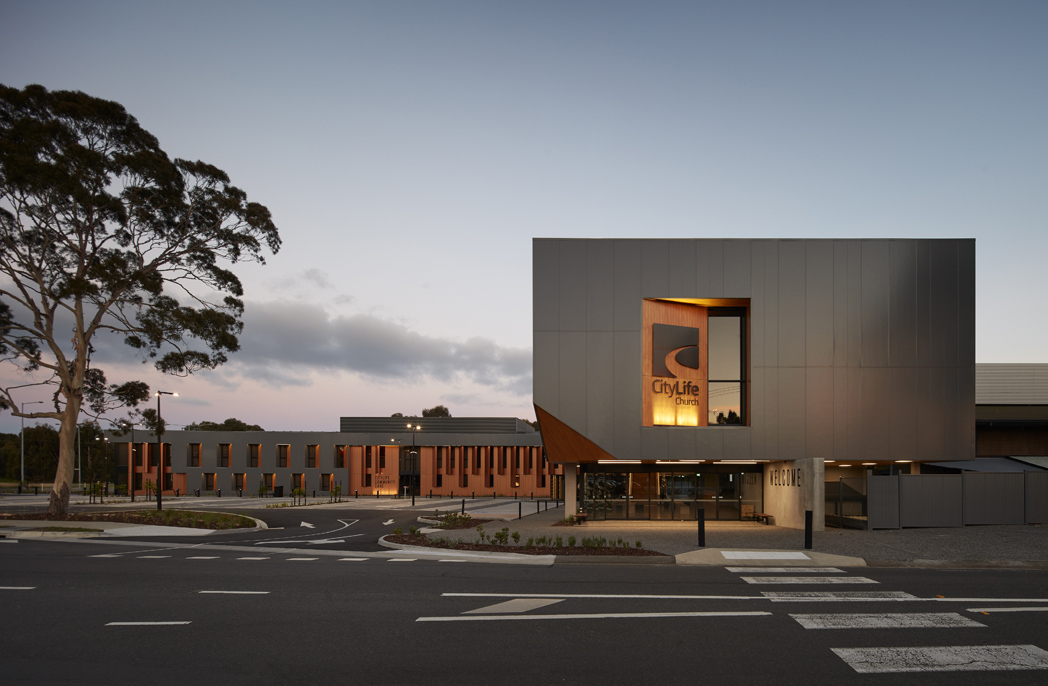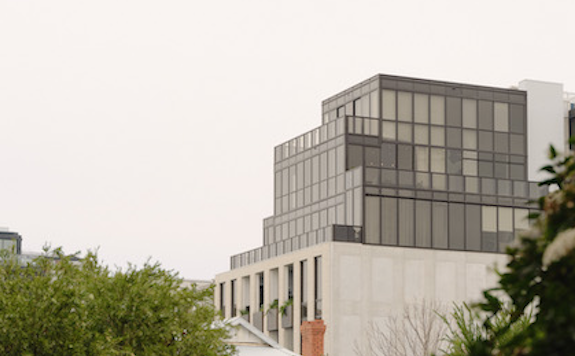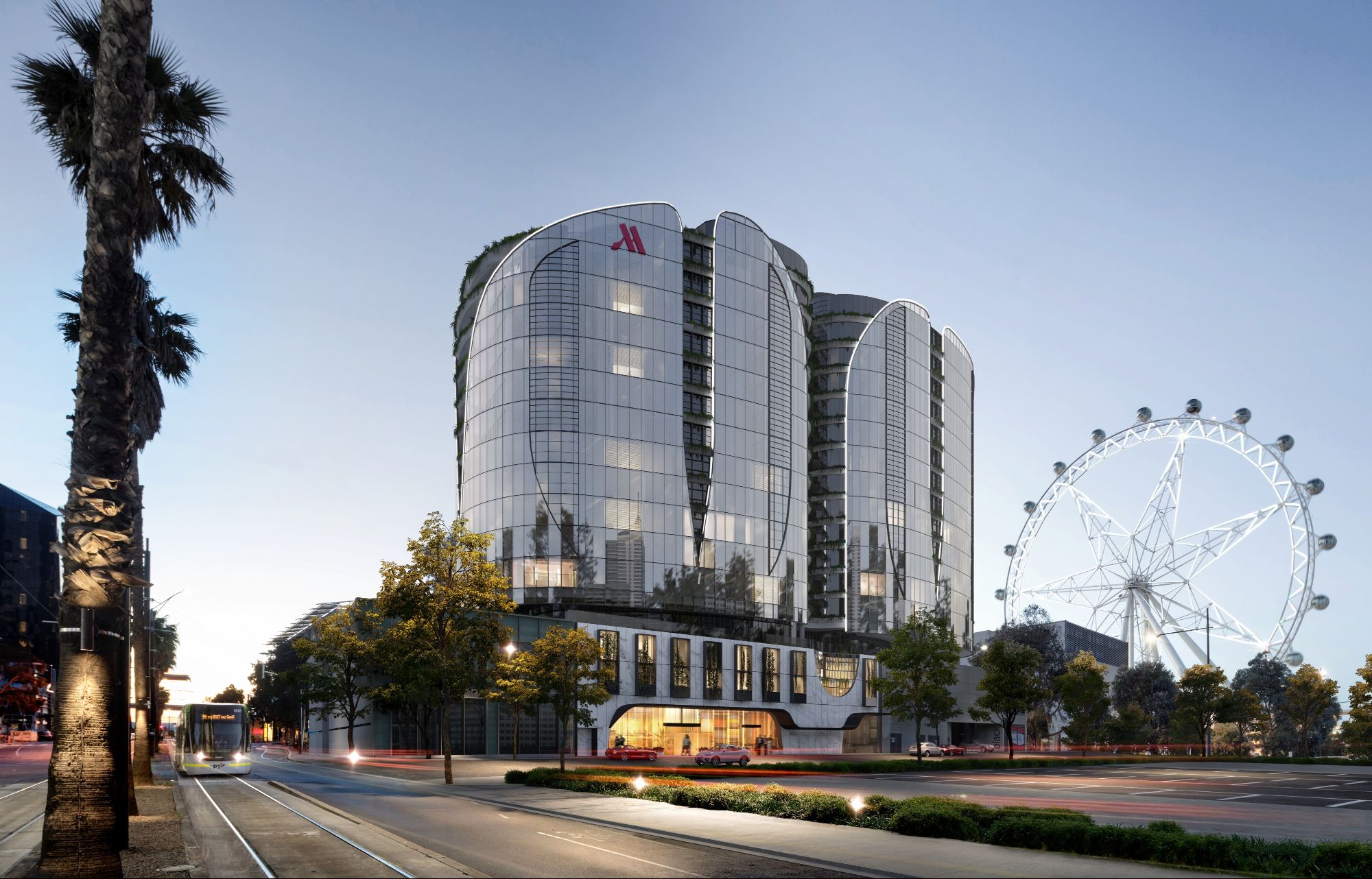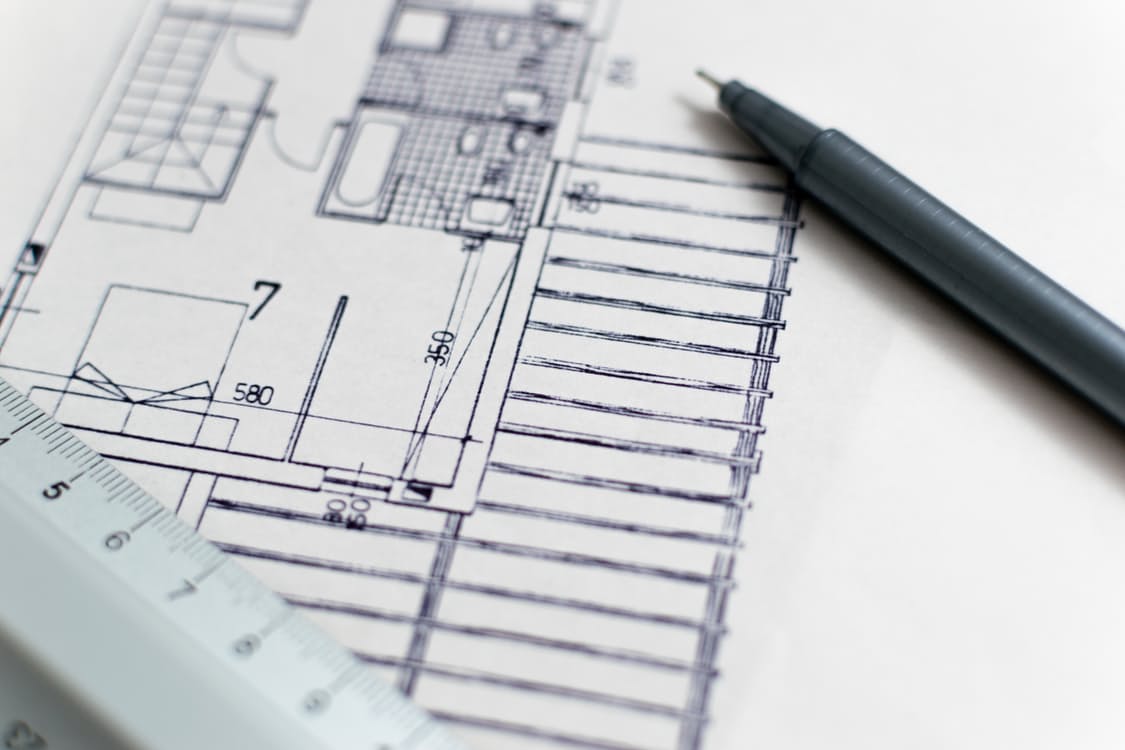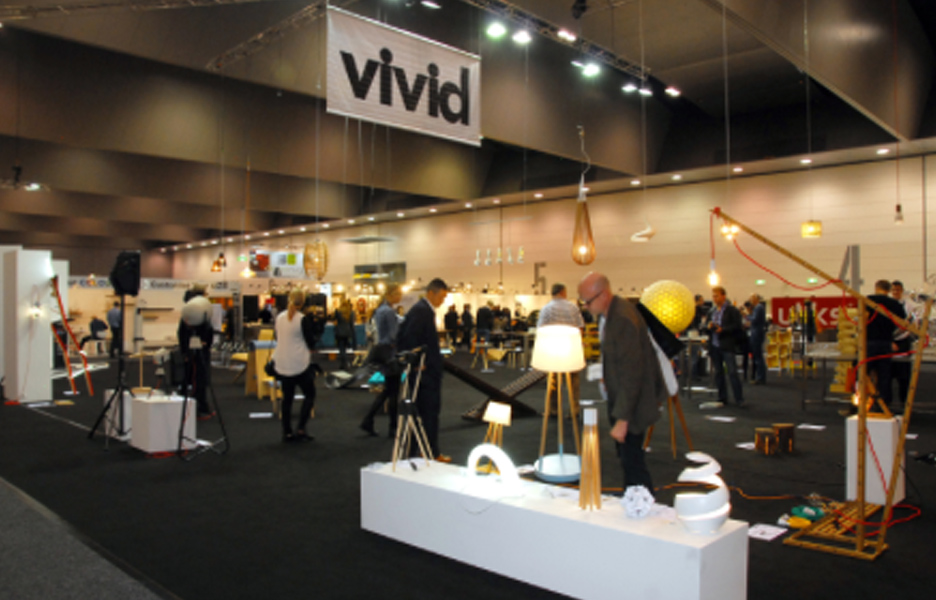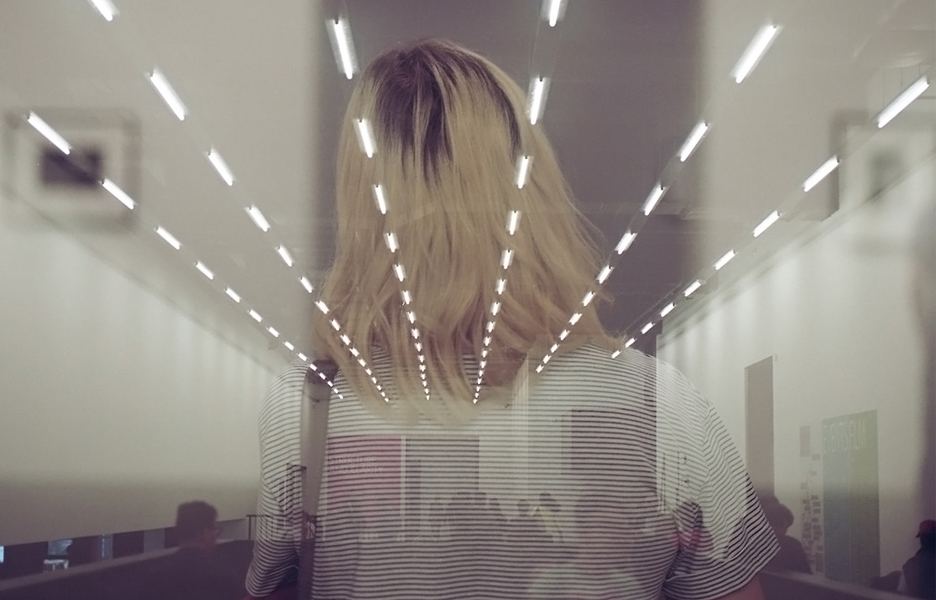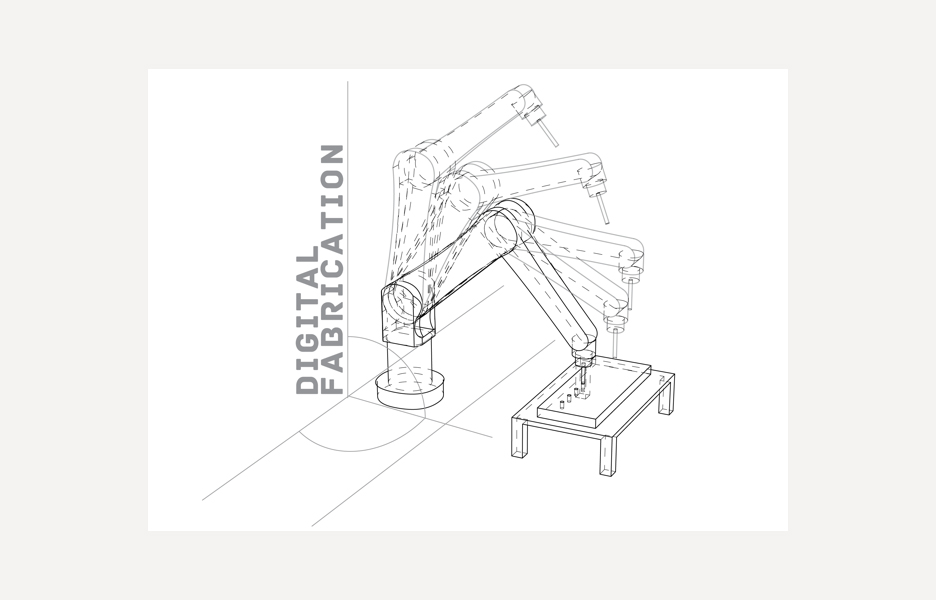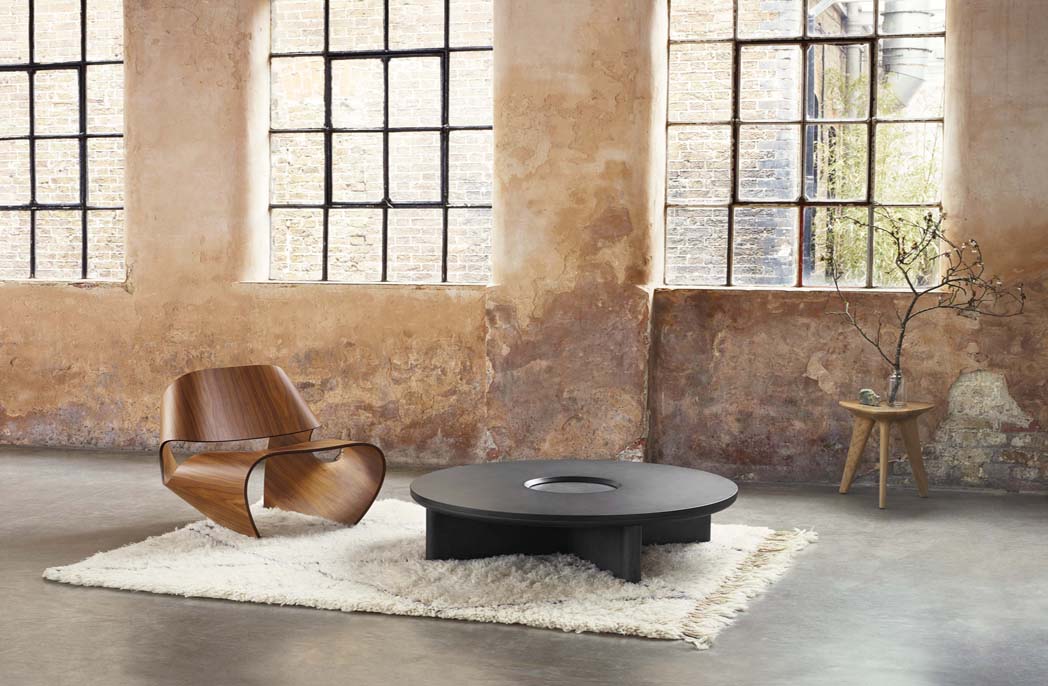
How can architectural practices safeguard employee’s mental health?
How can architectural practices safeguard employee’s mental health?
Share
AR asks a panel of industry experts what practices can do to safeguard and promote the mental health and well-being of their employees.
Jessica Riske: Practice manager, Wilson Architects
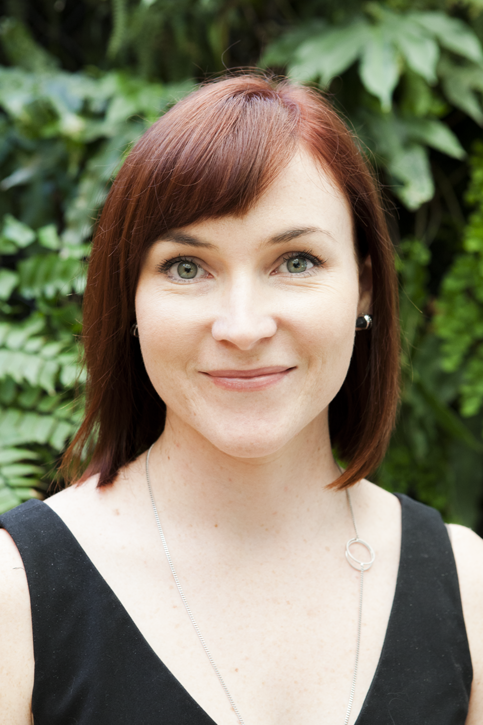
For many years, mental health in the workplace was taboo – few firms were talking about it and fewer had the right practices in place to safeguard against it. That’s all changing now and awareness is crucial, mental health and well-being has become a focus of support. At Wilson Architects, we’ve learned the importance of focusing on family values, a physical environment connected to nature and striving to find that perfect balance between being underworked and overworked.
We’ve found these factors all contribute to promoting the well-being of our staff. First and foremost, we’re a family business. We understand the critical importance in providing flexibility for parents (both male and female) in terms of working hours and offering the option of four-day weeks or job share. We see diversity in the workplace as a positive. Forty-eight percent of our staff are female and we’re fortunate to have staff from multicultural backgrounds, which ensures our viewpoints aren’t limited to a singular monocultural perspective. It’s also important for directors to check in regularly with each staff member.
This consultation process should look beyond performance. Encouraging open conversation promotes a better workplace culture and ensures everyone feels valued and supported. We know the physical environment of a space contributes directly to the well-being of an employee. Making sure there’s lots of natural light, access to fresh air and greenery in the studio is key.
We encourage our staff to come together for social occasions; birthdays are celebrated together, whole-of-office lunches are organised at project milestones and champagne is popped with the success of a competition. It’s important to provide a careful balance of busyness, creative challenge and stress.
We’re always aware of maintaining a certain level of activity, so our staff don’t become either stagnant or, alternatively, burnt out. We prefer our staff not to work overtime but, when they do, we ensure they take some time off to recover. Practices need to support staff and maximise opportunities for them to interact, problem solve, up-skill, learn and grow. Mentoring is a great way to achieve this, alongside offering changes in responsibility and mixing up teams. Lastly, we actively encourage people to be curious about one another so that no one feels isolated.
Steve Coster: Principal and board member, HASSELL
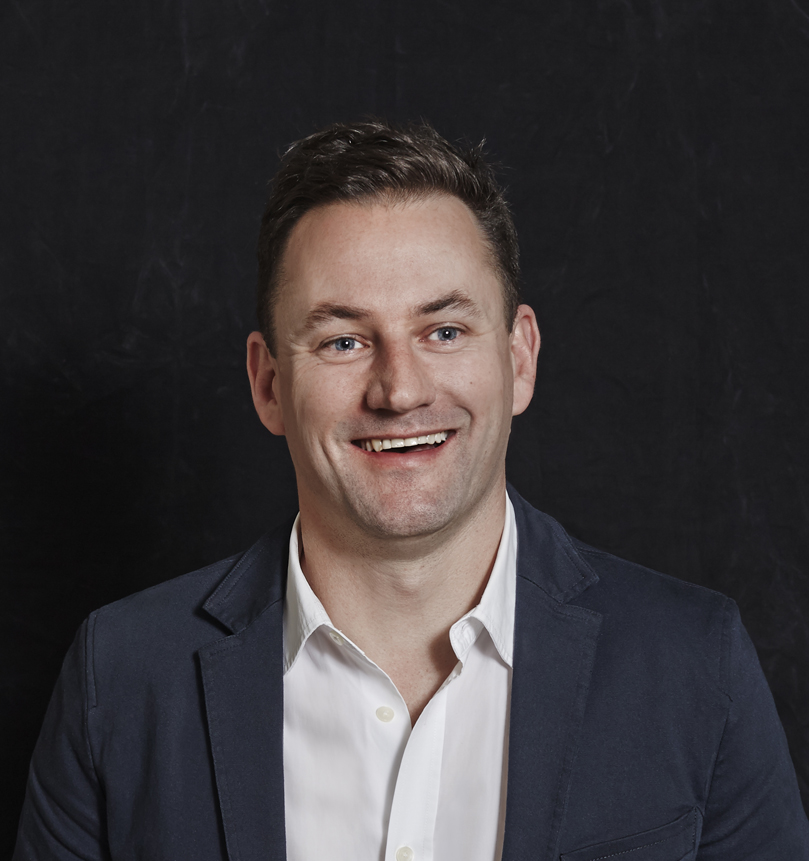
At HASSELL we know the health and well-being of our people is crucial to the success of our business – and our clients. Put simply, our priority is a happy and healthy workforce. In the workplace there are four key issues that impact mental health: high levels of demanding work, low autonomy, low levels of social and environmental support and long hours.
Also another aspect that can impact employee well-being is the quality of leadership – are they aware of employees’ issues and concerns and then act on them? These issues are making an impact on many industries – including architecture and design. For example, recent research has shown that absenteeism and presenteeism for mental health-related issues was double that of all physical health issues combined.
What can we do to make a difference? If we are designing places that people love, we need to ensure workplaces are somewhere they want to be. Somewhere they feel supported and engaged in their work. At HASSELL, we encourage client engagement in an organised and structured way in order to create control for project teams in how they meet project demands. Being proactive instead of reactive helps manage work demands in a healthier way. It also leads to better design outcomes. We also promote flexibility in the way staff work. Our people have competing personal demands and we try to help them balance their lives in a way that suits them best.
We also have extensive training programs for our current and emerging leaders and we check employee engagement levels regularly. We want our leaders to be ‘in touch’ with our people often. At HASSELL, all our staff have access to a 24/7 external, independent employee assistance and counselling program, as well as internal support networks. This can be accessed for a wide range of circumstances, including mental health concerns.
Finally, we are also participating in St John’s pilot mental health first aid program to help staff identify and understand when others may need some extra support. We hope these initiatives will help address mental health issues for our people at HASSELL, but we are also continually looking for other ways we can have an impact on this important issue.
Sandy Law: Director, Law Architects
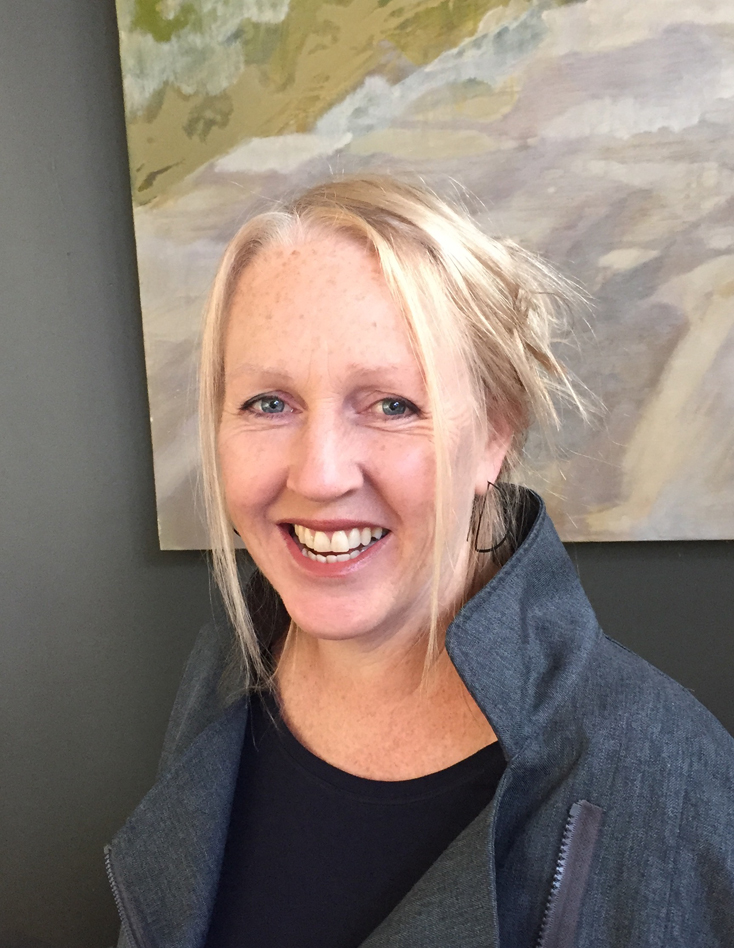
We’ve heard of a number of dimensions that contribute to well-being. Key among them is finding meaning and fulfilment in our work. Having time for reflection is a great way in, but we struggle to allocate appropriate time for ‘reflective practice’. We often crave time to reflect on the processes that were, the designs that ‘became’ and the decisions that were invariably made on the fly that retrospectively could have been different… and better? Invariably, reflection is an overhead and we push it to the side because the next deadline is looming. We say to each other we ‘must talk about that…’, but we rarely do it formally.
In our practice, we often find ourselves airing the energy we carry from a past project into the next one. Unexamined projects can feed into personal narratives that then taint and skew new projects. Informal expression of joys, frustrations and insights are customary and encouraged in our practice.
They find expression over coffees, around screens, en route to meetings or at Friday’s pub lunch. Sometimes these occasions offer opportunity for reflection. But it’s casual, unmediated and sometimes the wrong time.
The workplace is demanding and fast. It’s hard to unplug. Most of all, it’s harder to rewind the clock and spend time looking at what was. Formalising time in our programs at each stage of a project’s life, though, would do wonders for our collective mental health. If we take time to reflect in a formal and safe way, then we are listening and learning from each other. Collectively and individually, we then grow our understanding of complex processes and somewhere in all that we hopefully might find some meaning.
Yes, ‘reflective practice’ is an overhead, but perhaps as essential as the organic coffee beans. And, when all else fails, get a dog. We did. His name is Jimmy.
Jesse Linardi: Design director, DKO
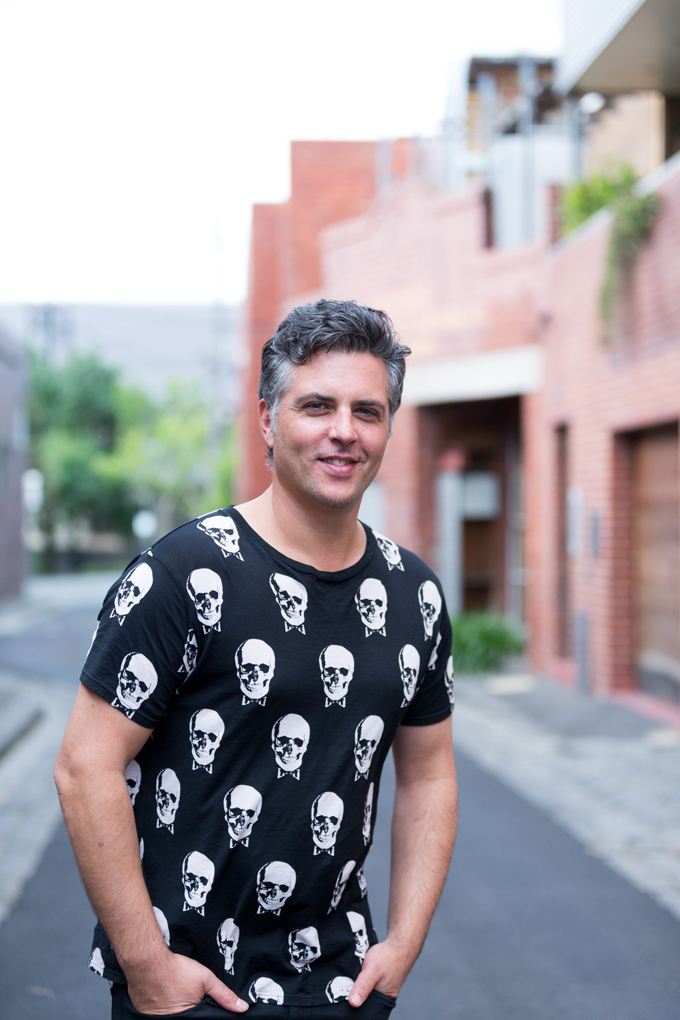
Mental illness is an issue that we at DKO take seriously. Mental health issues in Australia are rising, with one in five people being affected by mental illness every year.
The human emotional toll can be acute when combined with a high-pressure work related environment, which is dealing with increasingly high program demands. At DKO, we value all our staff and promote a supportive, active and healthy work environment.
We certainly believe in the adage of a healthy body equals a healthy mind, and encourage and promote a range of physical activities within the auspices of the office that our staff can choose to, or not to, participate in. Aside from providing secure bicycle parking, encouraging participation in our DKO soccer team, we also conduct weekly yoga classes. Conducted by Jacinta Burnley, an excellent teacher, these yoga classes have a loyal following.
Recent research from the University of Bristol on ‘Yoga in the Workplace’ has found that 79 percent of employees said that mental performance was better on yoga exercise days and dealing calmly with stress was 27 percent higher. Sadly, the problem of mental illness extends across all industries, including of course, architecture.
From a commercial perspective, mental illness now accounts for about 10 percent of all workers’ compensation claims, but psychological claims are far more expensive than physical cases, primarily because of longer recovery time. DKO is a best practice business environment and how we provide this support in practical terms is by conducting regular workplace health checks, providing seasonal flu injections annually, promoting flexible working hours, organising extracurricular activities, functions and providing a family friendly environment.
Creating a positive, friendly, supportive workspace that is collaborative, where we can not only effectively manage stress, but also grow people within the company is paramount in DKO’s efforts on mental health prevention.
You Might also Like
